FAQ
What Would You Like to Know?
You’ve Got Questions – I’ve Got Answers
What's the best way to book an appointment
Directly contact me via email at admin@imaginespeechlp.com or Whatsapp at +852 6587 9692. I will respond within one working day.
How much does it cost?
Different pricing options are available for home visits, clinic, or online sessions. I also offer package options for businesses looking to upskill their staff. For a full schedule of fees, please contact me at admin@imaginespeechlp.com
Will insurance cover my visit?
Insurance policies in Hong Kong are all different, so it is best to ask your provider directly. I can provide diagnostic reports/letters as required in order to support your claims process.
What is the duration of a session?
Adult sessions run for 60 minutes, and I will give you activities to work on during the week so that you can continue to progress and your time with me is maximised.
Will I receive an assessment?
In your initial consult, we will work through some activities to give us a baseline of where your communication is currently sitting. This might consist of some conversation, reading passages aloud, or producing certain words. We will then talk about goal setting, as I like my clients to have an active role in determining the direction their sessions go in. My ethos focuses on empowering individuals and providing customised and meaningful services.
How many sessions will I need?
How long is a piece of string? There is no hard and fast rule about how many sessions you will need to see change. An initial consult may give you a better idea of the direction in which you could go, and whether this is something that is likely to need ongoing support or just a few sessions to give you some specific techniques to support you.
What does intelligibility coaching actually mean?
Intelligibility coaching is a term chosen specifically over “accent reduction” because our goal is not to eliminate a person’s natural accent. Everybody has some sort of accent and these are significant for people’s culture and identity! Instead, we aim to identify aspects of a person’s speech which may be causing communication breakdowns, and rectify these. This could look like: helping someone understand and discriminate between long and short vowels (e.g. the difference between ‘got’ and ‘goat’), identifying sounds which may be getting confused (e.g. saying ‘wery’ when you mean to say ‘very’), learning how to produce tricky sounds in English (e.g. the voiced and voiceless ‘th’ sounds), understanding how to use strong and weak syllables in multisyllabic words, or working on the tone and rate of your speech to get that ‘flow’.


